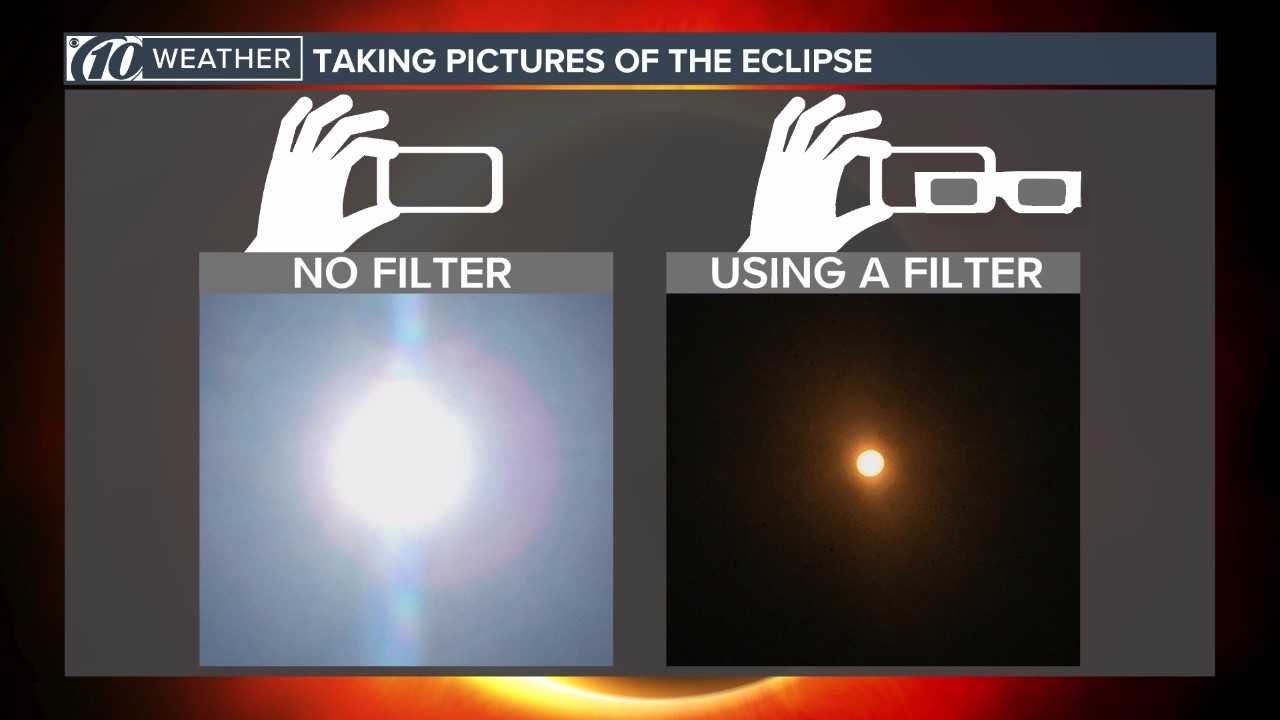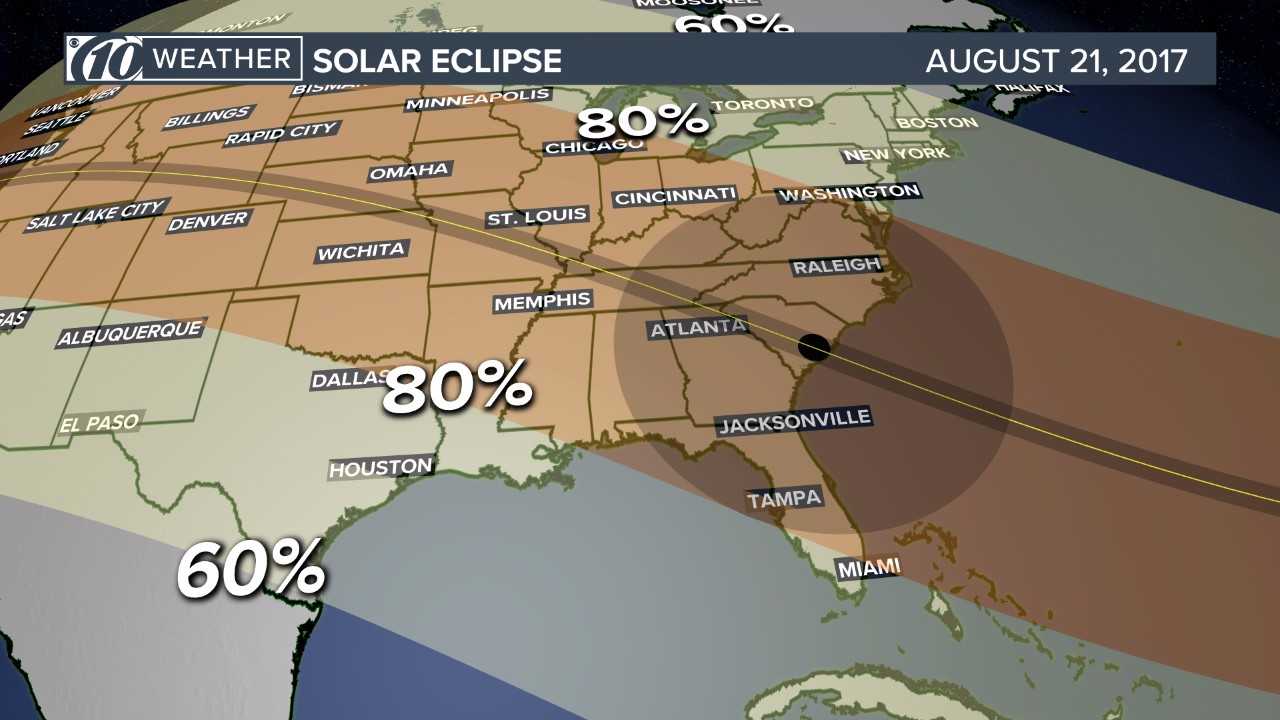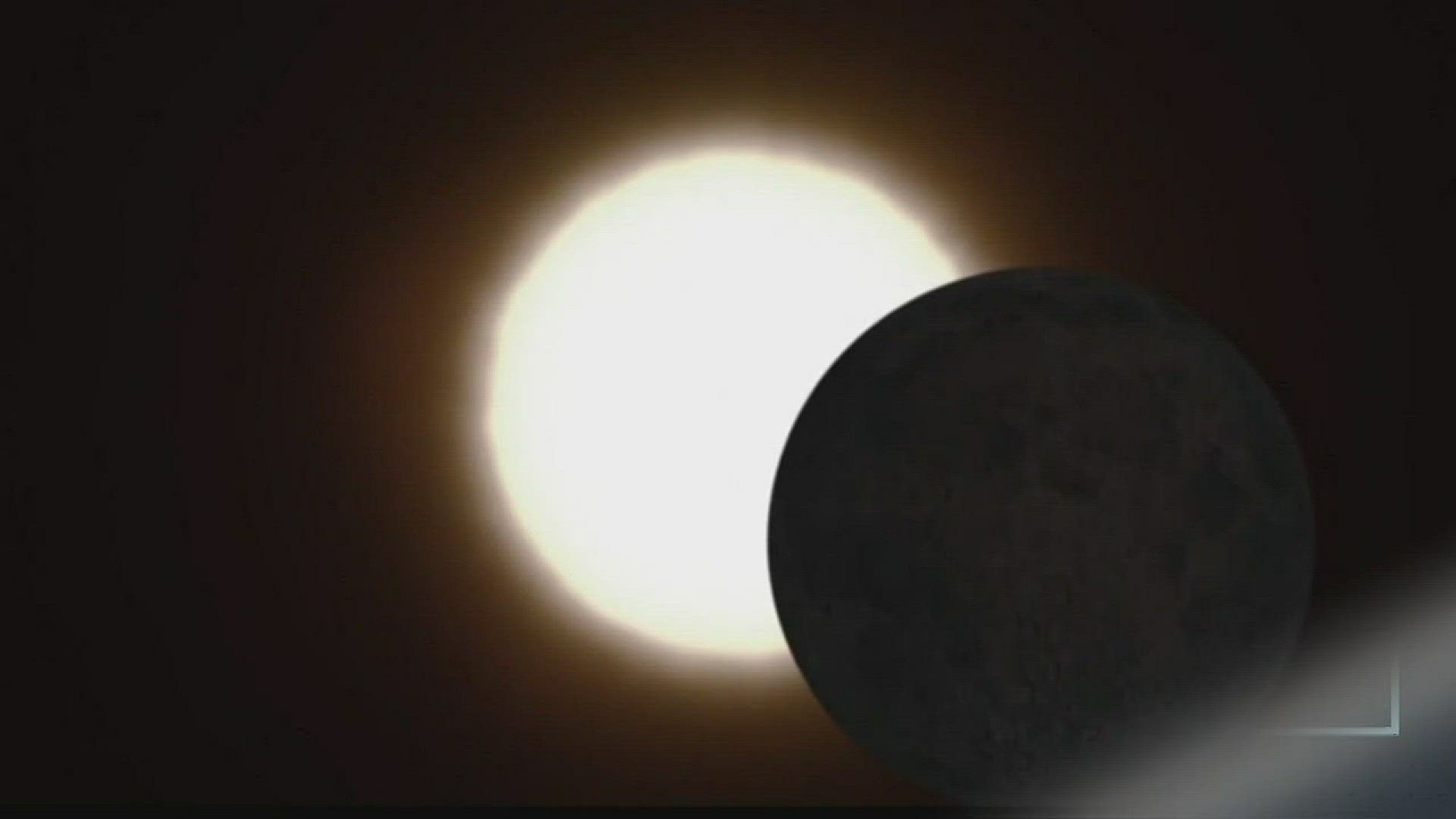Understanding why looking at an eclipse is worse than the sun is crucial for protecting your vision and enjoying this spectacular event safely. Even worse, some will try to do so for extended periods of time or through binoculars, making serious injury into catastrophic injury. This comprehensive guide will delve into the science behind solar eclipses, the dangers they pose, and how you can observe them without compromising your eye health.
VERIFY Is Looking At Eclipse Worse Than Sun? wfmynews2
Looking at a solar eclipse is dangerous for the eyes. The concern is that during an eclipse, many people who would otherwise know better than to look at the sun will try to do so. It can cause a condition called solar retinopathy, which is when solar radiation damages the eyes.
It can even lead to permanent blind spots or distortions in your vision.
Why is looking at the eclipse any worse than looking at the sun on a normal day? And, doesn't the eclipse mean the sun is going dark? How should you wear eclipse glasses, When people look up at the sun normally, the intense brightness triggers pain that causes them to look away quickly before it can cause damage, said dr.
Philip hooper, president of the If you make the mistake of looking at the sun during the april 8 solar eclipse, symptoms could include haziness, blurriness, blind spots and loss of vision. Learn how to view an eclipse safely at howstuffworks. While the sun is undeniably bright and dangerous to look at directly, an eclipse introduces a deceptive sense of safety that can lead to severe eye damage.

During an eclipse, the moon partially or completely blocks the sun's light, creating a mesmerizing view that draws people's attention.
Understanding why looking at an eclipse is worse than the sun is crucial for protecting your vision and enjoying this spectacular event safely. This comprehensive guide will delve into the science behind solar eclipses, the dangers they pose, and how you can observe them without compromising your eye health. Why is looking at the eclipse any worse than looking at the sun on a normal day? And, doesn't the eclipse mean the sun is going dark?
How should you wear eclipse glasses, When people look up at the sun normally, the intense brightness triggers pain that causes them to look away quickly before it can cause damage, said dr. Philip hooper, president of the While the sun is undeniably bright and dangerous to look at directly, an eclipse introduces a deceptive sense of safety that can lead to severe eye damage.

During an eclipse, the moon partially or completely blocks the sun's light, creating a mesmerizing view that draws people's attention.
If you make the mistake of looking at the sun during the april 8 solar eclipse, symptoms could include haziness, blurriness, blind spots and loss of vision. Looking at the sun — even when it's partially covered like during the eclipse on april 8 — can cause eye damage. There is no safe dose of solar ultraviolet rays or infrared radiation, said It's just that the eclipse dims the sun enough to make it not hurt, but not enough to make it any less bad for your eyes than staring at it normally.
Therefore the eclipse is the only time you need to consciously avoid looking at it, because you won't realize anything's wrong until your eyes start searing the next day. In this article, we will delve deeper into the risks associated with looking at the sun and viewing an eclipse. We will explore whether one is indeed worse than the other and the safety measures that can ensure a safe experience during these rare events. So, let’s illuminate the truth about eye safety during these celestial occurrences!

While staring during totality is safe, during an eclipse people often stare at near totality, not realizing for perhaps several minutes that they are staring at a sliver of the sun, which is just as damaging as staring at the whole sun for several minutes (the lens of the eye projects an image of the sun on the retina, and what matters is the
During a solar eclipse, the moon blocks the sun from earth's view. If you look directly at an eclipse, your pupil will expand to accommodate for low light even though the uv radiation from the sub remains high. This can cause damage to the cornea and retina. That damage can be permanent.
You need special glasses or viewers to watch the eclipse. Yes, looking at a solar eclipse is worse than looking directly at the sun because the harmful rays of the sun can still damage your eyes during an eclipse, even though it may seem less bright. $\begingroup$ we just had a partial eclipse that covered 83% of the sun. There was no visible difference for the naked eye.

It was as bad to glance at the sun as usual.
So it is not easier to look even for a fraction of second. In this article, we will delve into the reasons why looking at an eclipse is more harmful than looking at the sun on a regular day. We'll explore the science behind solar eclipses, the potential dangers to human vision, and the necessary precautions to take when observing this celestial event. She warns against the dangers of looking at the sun without adequate shielding, emphasizing that even a brief glance can have serious consequences.
Many people underestimate the potential harm Ik looking at the sun when it’s normal is harmful but ppl are saying how much more dangerous it is just by looking at it for a second while on the other hand u can look at the sun when it’s normal for a little bit with little to no harm All these warnings are merely because people tend to stare at the sun for several minutes at a time without looking away as the moon crosses its path. While watching a sun rise or set, you typically look at the colors and the surrounding scenery more, instead of gazing deep into the fiery depths of the sun.